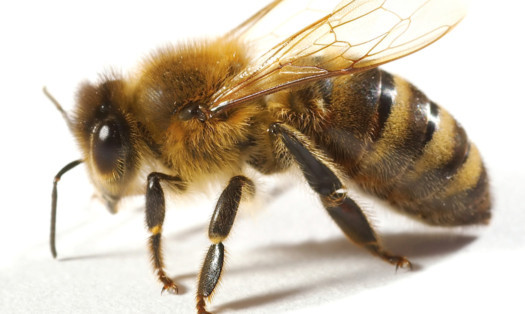Groundbreaking research undertaken at Dundee and St Andrews universities claims to prove the world’s vital bee colonies are being devastated by pesticides used in agriculture.
The contribution of the neonicotinoids to the global decline of insect pollinators has proved controversial and has been contested by many in the agriculture industry.
A new study by the two universities “demonstrates for the first time” the presence of the insecticides in plant pollen and nectar even in tiny amounts is having a catastrophic impact.
Researchers led by Dr Chris Connolly, a reader in the division of neuroscience at Dundee’s School of Medicine, believe they have compelling evidence that the insecticides cause both impairment of bumblebees’ brain cells and subsequent poor performance by bee colonies.
The research undertaken by the Dundee team showed very low levels of neonicotinoids caused bumblebee colonies to have an estimated 55% reduction in live bee numbers, a 71% reduction in healthy brood cells and a 57% reduction in the total bee mass of a nest.
Dr Connolly said the paper represents the best scientific evidence to date connecting pesticide consumption to poor performance of bees.
“Our research demonstrates beyond doubt that the level of neonicotinoids generally accepted as the average level present in the wild causes brain dysfunction and colonies to perform poorly when consumed by bumblebees,” he said.
NFU Scotland welcomed the efforts of the two universities, with deputy director of policy Andrew Bauer saying it was “critical” that all involved in the debate pay attention to the views and expertise of others.
He said NFU Scotland would now take time to analyse the findings of the study.
The research could be considered by the European Commision later this year.
